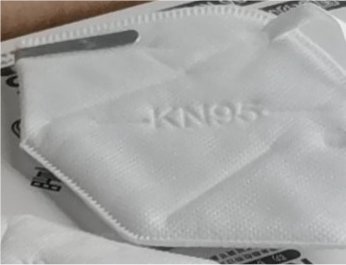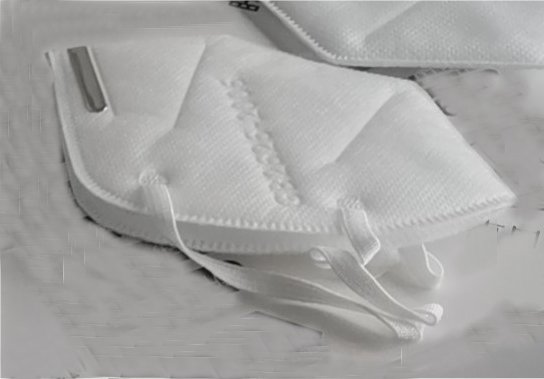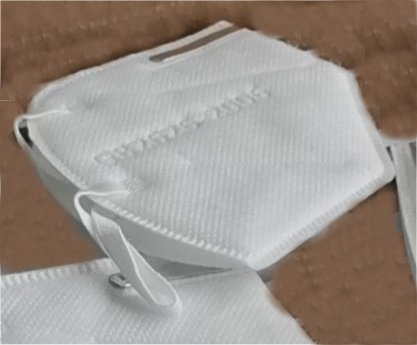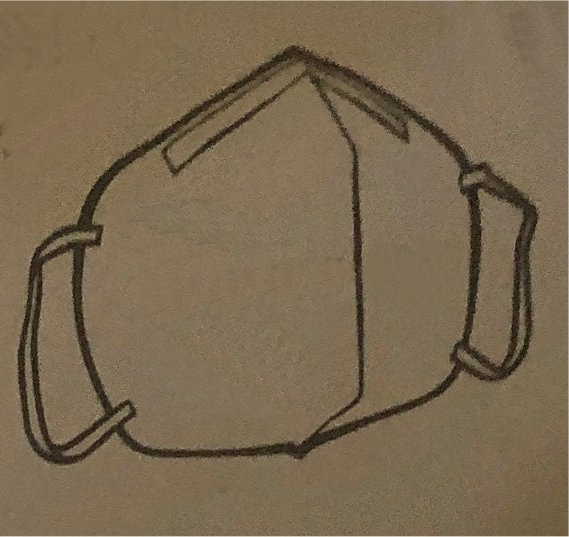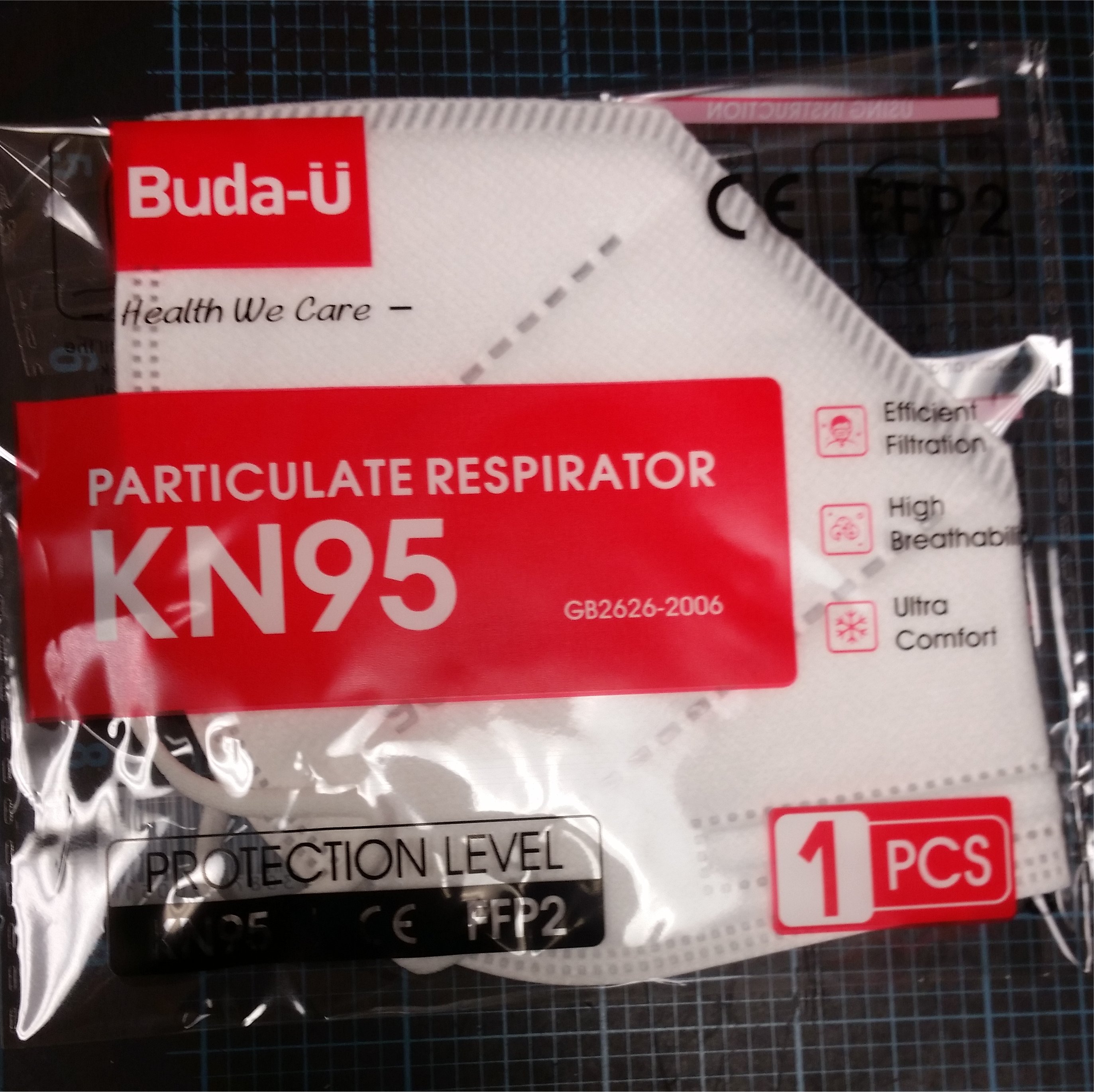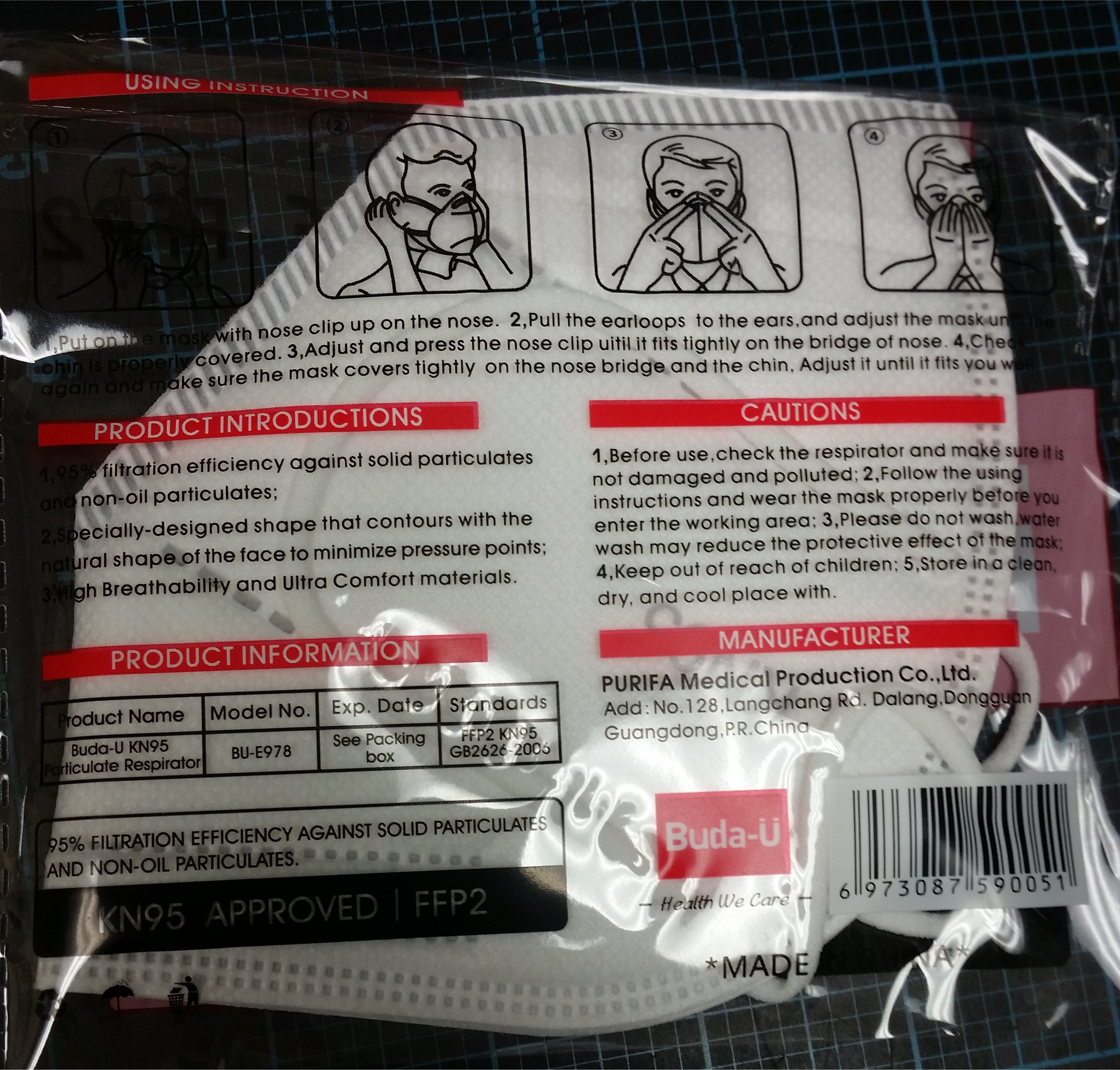
|
|||||||||||||||||||||||||||||||||||||||||||||||||||||||
| |
Respirator Face Mask KN95 |
|
|||||||||||||||||||||||||||||||||||||||||||||||||||||
Respirator Face Mask KN95 - is a CDC approved replacement for the N95 Face Mask. We invite those who are interested in reading the Centers for Disease Control and Prevention (CDC) article approving the KN95 as an acceptable substitution for the N95 Respirator. Click HERE. It should be noted that the N95 respirators are regulated by the United States Food and Drug Administration (FDA), Centers for Disease Control and Prevention (CDC), National Institute for Occupational Safety and Health (NIOSH) and Occupational Safety and Health Administration (OSHA). For an in depth appreciation an proper usage suggesions, please visit the FDA information page entitled: "N95 Respirators and Surgical Masks (Face Masks)" by clicking HERE.
Purchasing Agents in various industries have inquired as to whether the N95 mask, and by extention, the Respirator Face Mask KN95, is "certified" or "approved" by one of these organizations or the orher. The document referred to as a "Memorandum of Understanding" entitled "MOU 225-18-006" and located on the FDA website states in its "Purpose" section that it: "provides a framework for coordination and collaboration between the Agencies (all four mentioned above) relating to their regulation of Surgical N95 Respirators and N95 Filtering Facepiece Respirators (FFRs)1 used in healthcare settings (herein collectively referred to as “N95s”)." Click HERE to read the entire Memorandum. The clear "take away" from this "MOU" is that the US Government, through its Food and Drug Administration (FDA) and the three other agencies that are co-generators to and of the "MOU" certify and or approve the N95 mask, and by extention the KN95 mask for use in the medical area designated in the memorandum. An N95 respirator is a respiratory protective device designed to achieve a very close facial fit and very efficient filtration of airborne particles. The 'N95' designation means that when subjected to careful testing, the respirator blocks at least 95 percent of very small (0.3 micron) test particles. If properly fitted, the filtration capabilities of N95 respirators exceed those of face masks. However, even a properly fitted N95 respirator does not completely eliminate the risk of illness or death.
|
|||||||||||||||||||||||||||||||||||||||||||||||||||||||
Links of Interest: |
|||||||||||||||||||||||||||||||||||||||||||||||||||||||
|
|
|||||||||||||||||||||||||||||||||||||||||||||||||||||||

